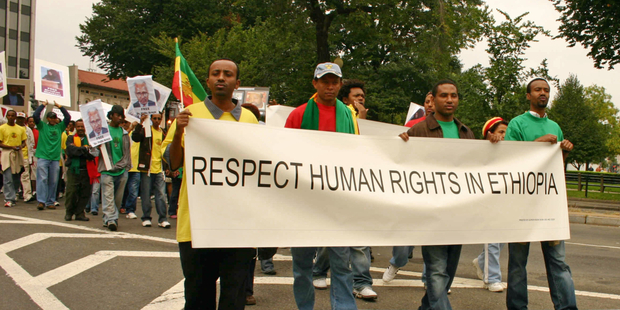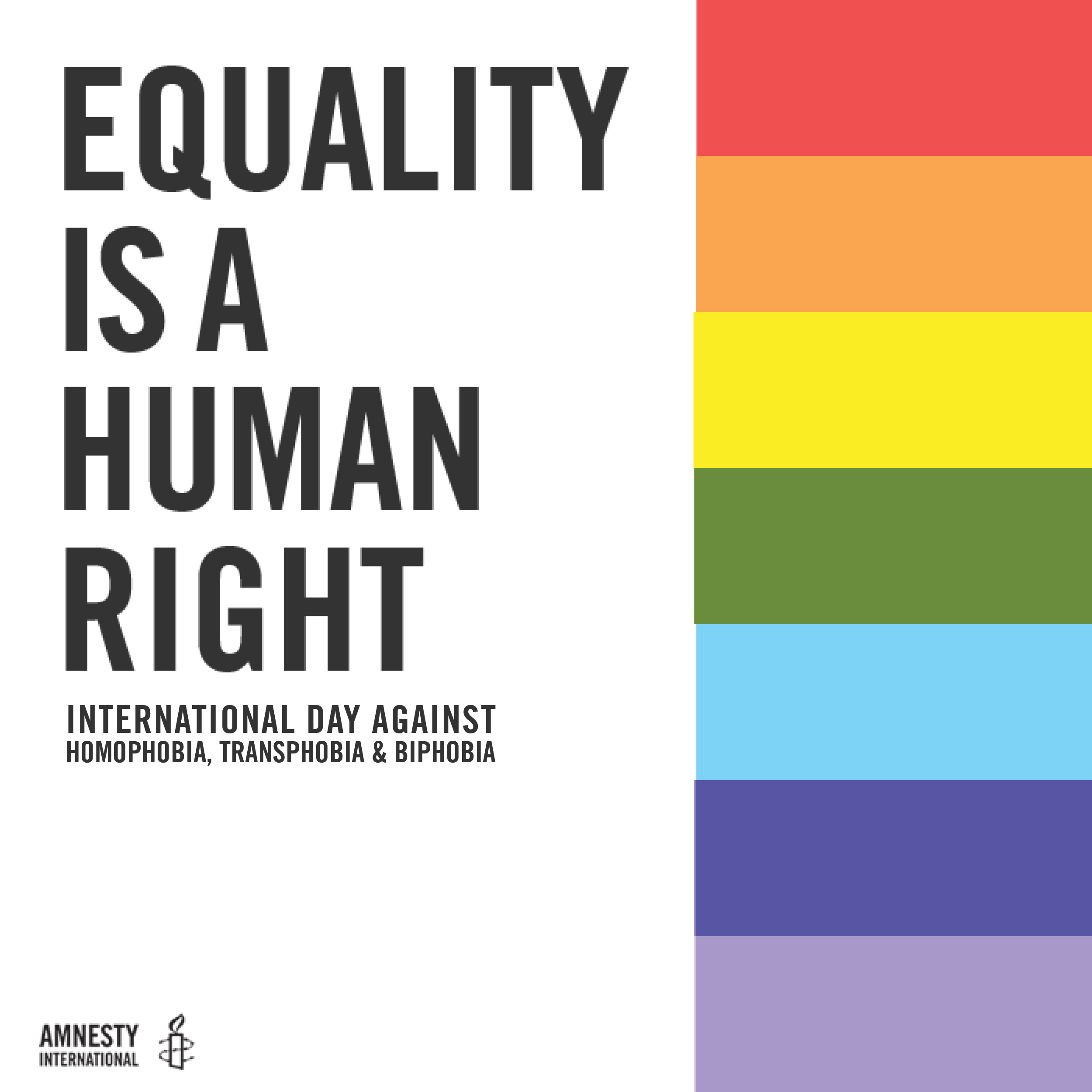
By Thomas Rozanov
What George Orwell once fantasized in his novel ‘1984,’ is an actual threat today. Individuals are confronted with surveillance that interferes with private lives, and human rights. Big Brother tyranny is set into practice with modern widespread technology. “Telescreens” used by Oceania’s ruling party to constantly surveil citizens and prevent conspiracies and “thoughtcrimes” are now being replaced with unlawful access to online accounts, phone surveillance, cyberattacks, and hacking.
What once seemed like a dystopian plot, is now a reality. I suspect this dimension will play out more in the future, as individuals are becoming more technologically integrated and dependent. We should be warned to not only protect our physical human rights, but also the privacy of our virtual spaces and communication via technology. I draw attention to recent cases of unlawful surveillance and cyberattacks by governments targeting individuals in Uzbekistan, Azerbaijan, and Belarus. SEE THE REST OF THIS POST


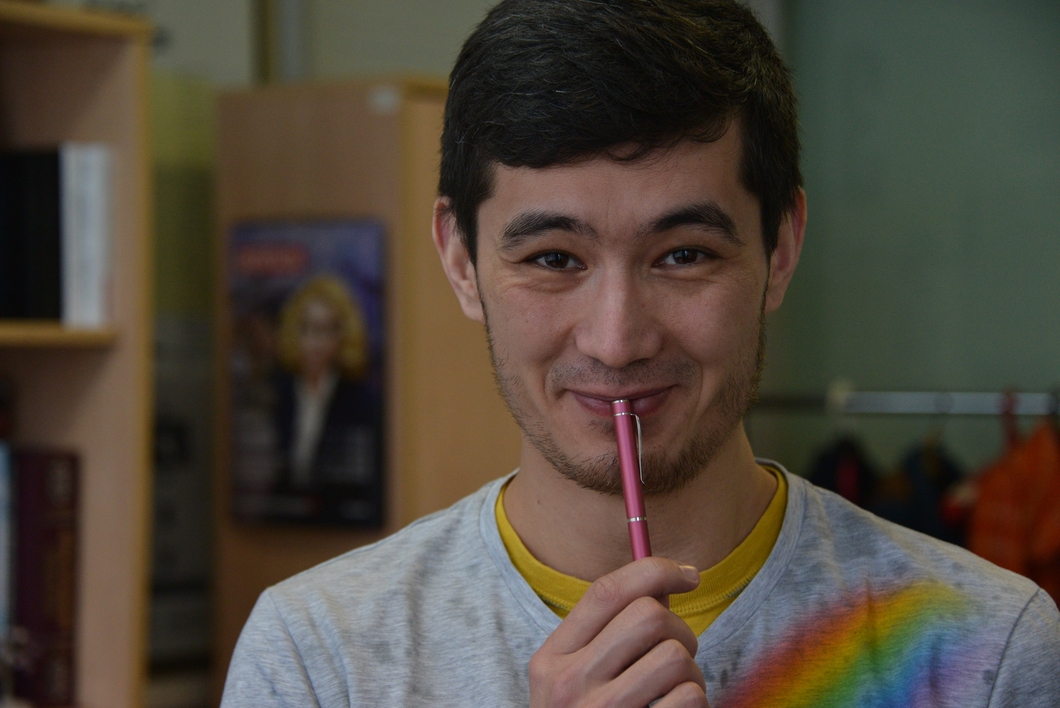
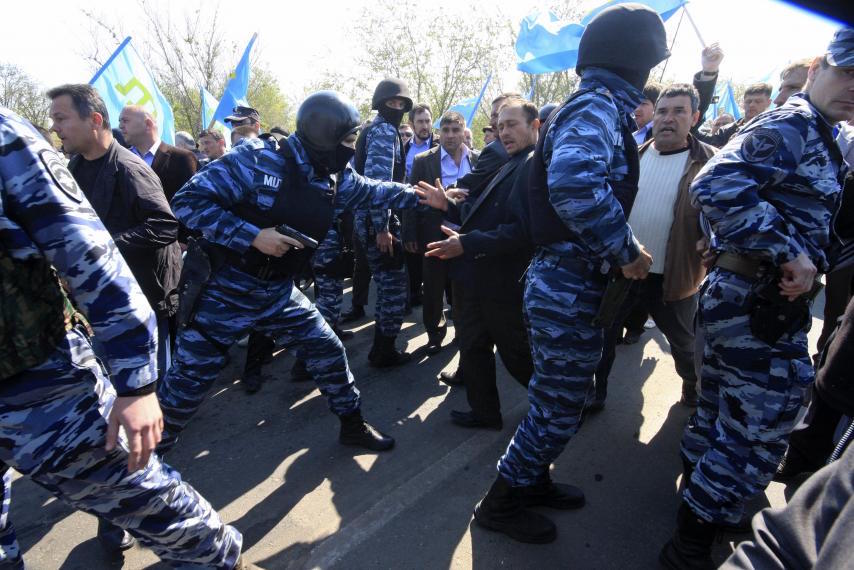
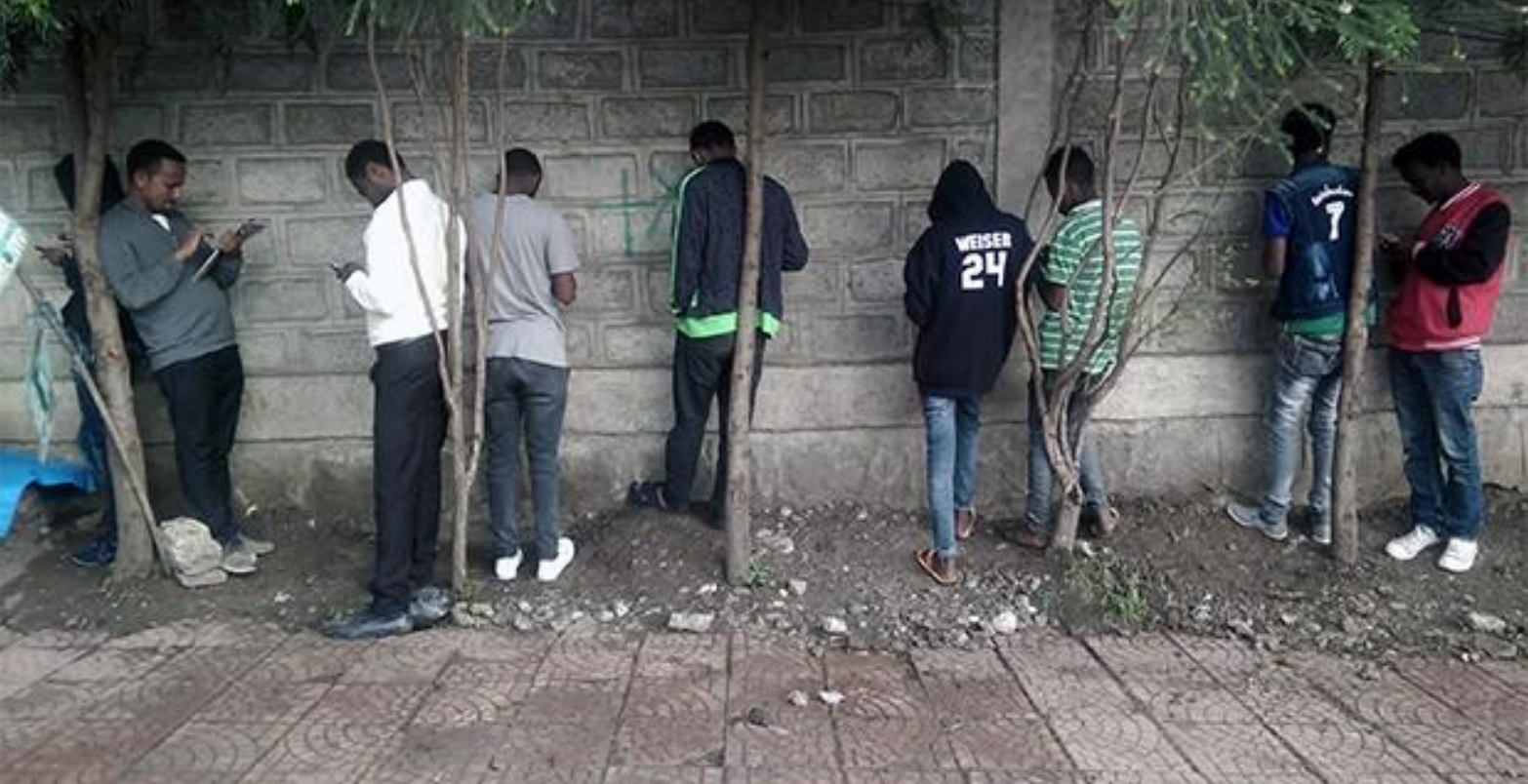

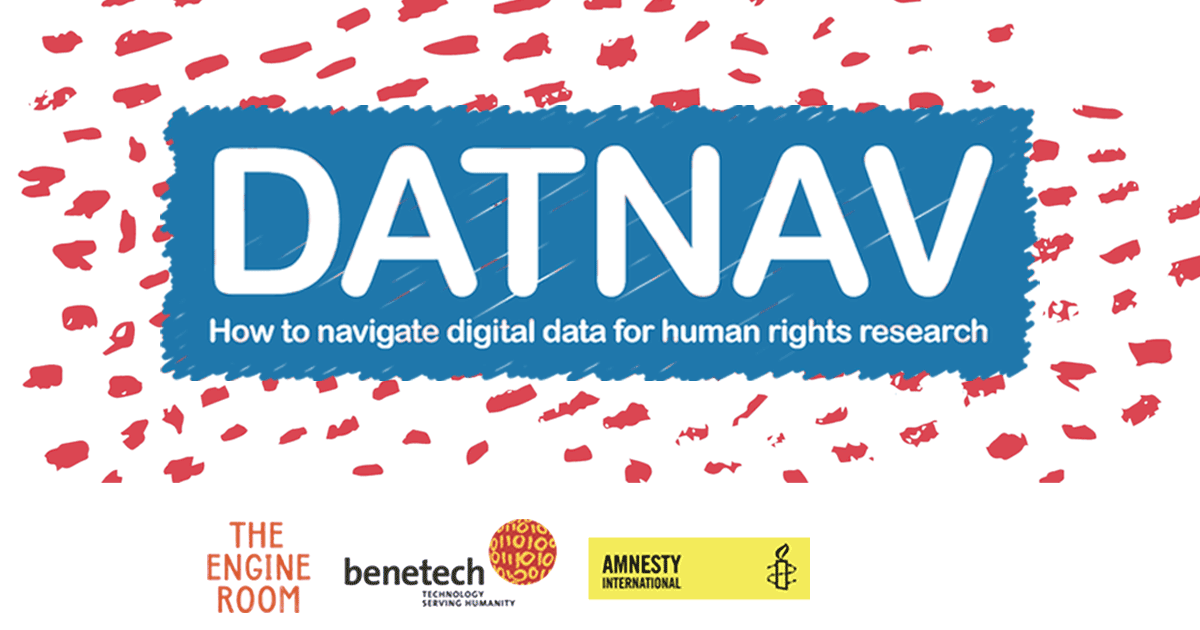
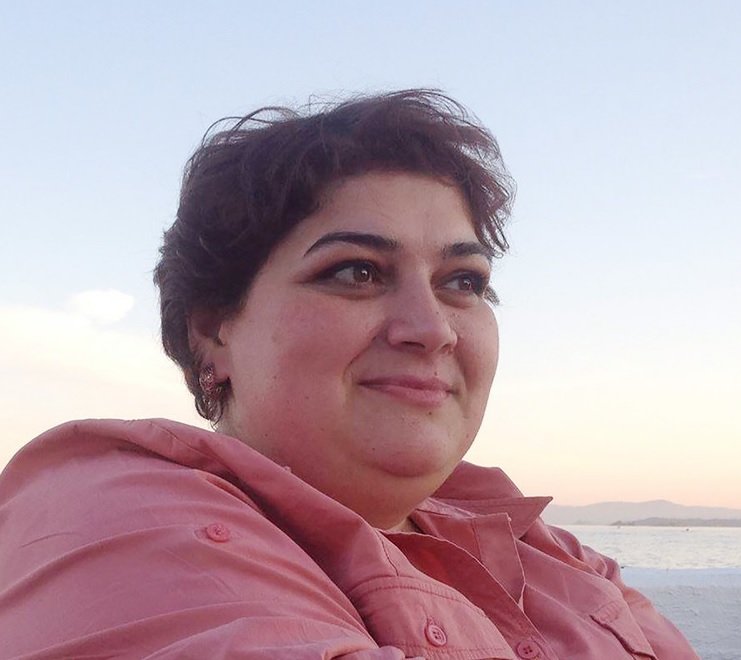 By Ella Shen and Viachaslau “Slava” Bortnik, Eurasia Coordination Group at Amnesty International USA
By Ella Shen and Viachaslau “Slava” Bortnik, Eurasia Coordination Group at Amnesty International USA